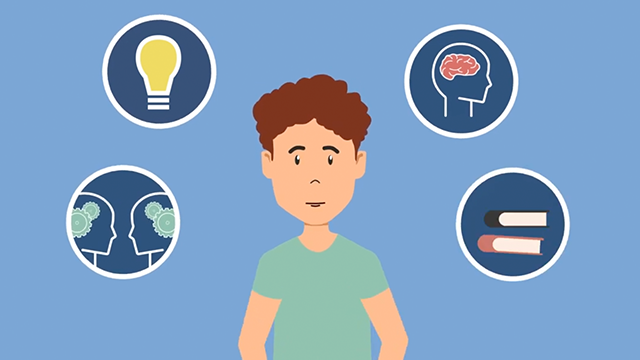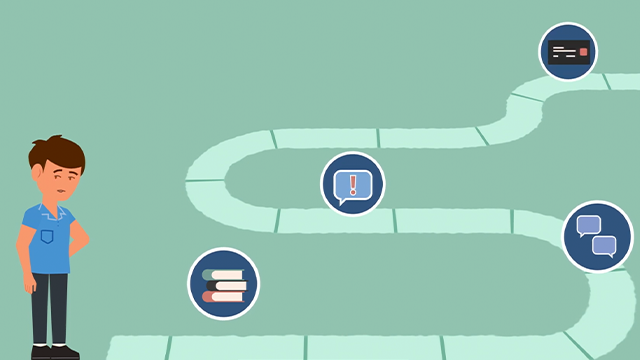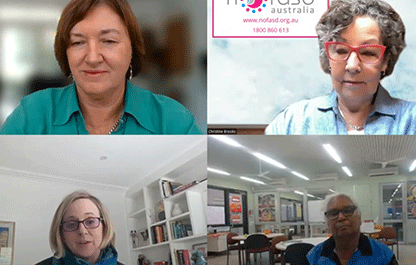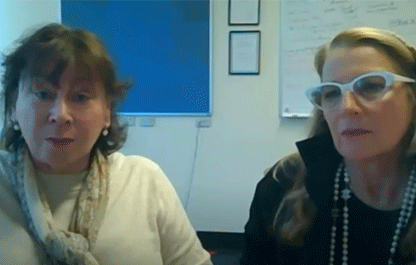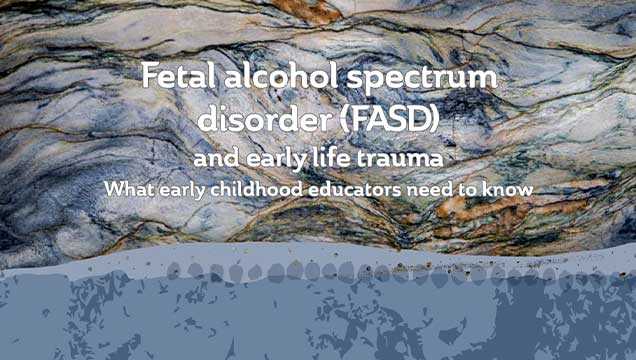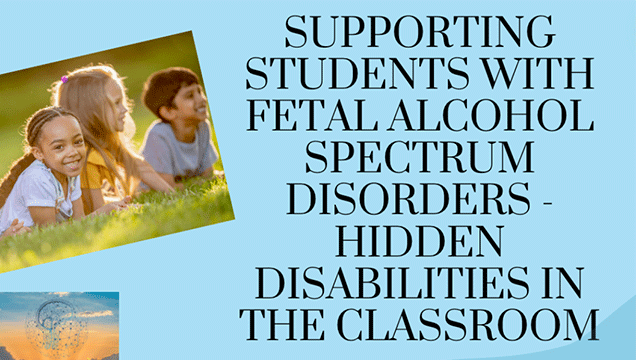Up to one child per classroom may have Fetal Alcohol Spectrum Disorder (FASD)
Research shows that nearly 4% of the general population, or 1 in 28 people may be affected.
People with FASD experience challenges with physical activities, language, memory, learning, and behaviour, but it is often referred to as an “invisible disability” and therefore often goes undiagnosed. It is important to note that like all of us, children with FASD have hopes and fears, and strengths and difficulties.
It is critical that teachers are FASD-informed so they can understand the unique challenges that children with FASD may face in the classroom, and support them to thrive. When families, school, and service providers all work together, children with FASD can achieve the best outcomes.



